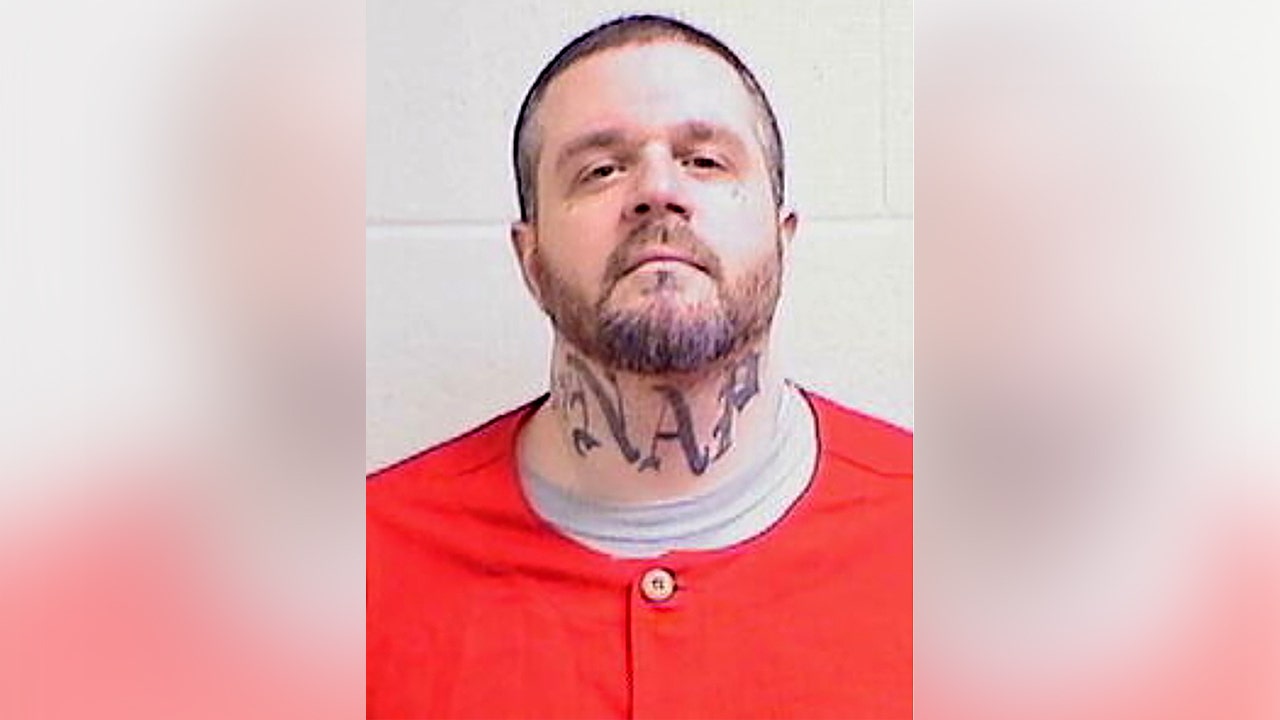Indiana executes Benjamin Ritchie for 2000 fatal shooting of police officer

An Indiana man convicted of fatally shooting a police officer in 2000 was executed on Tuesday by lethal injection, marking the state’s second execution in 15 years. Benjamin Ritchie, 45, had been on death row since 2002 after being found guilty of killing Beech Grove Police Officer Bill Toney during a foot chase.
The execution took place at the Indiana State Prison in Michigan City, with officials from the Indiana Department of Correction confirming that the process began shortly after midnight and Ritchie was pronounced dead at 12:46 a.m. Ritchie’s last meal was from Olive Garden, and he expressed love, support, and peace for his friends and family before his execution.
Under state law, Ritchie was allowed five witnesses at his execution, including his attorney, Steve Schutte, who described the process as unsettling. “I couldn’t see his face. He was lying flat by that time,” Schutte said. “He sat up, twitched, laid back down.”
Ritchie’s execution came after the U.S. Supreme Court declined to take his case, exhausting all of his legal options. Dozens of people, both advocating against the death penalty and supporting Toney, gathered outside the prison until early Tuesday morning.
Indiana resumed executions in December due to a nationwide shortage of lethal injection drugs. The state’s execution chamber was described as resembling an operating room, with a gurney, fluorescent lighting, and an adjacent viewing room.
Despite efforts from media organizations to witness the execution, Indiana, along with Wyoming, bars media witnesses from such events. The Associated Press and others filed a federal lawsuit seeking media access, but a judge denied a preliminary injunction last week.
Ritchie was 20 years old when he and others stole a van in Beech Grove and fired at Toney during a chase, resulting in the officer’s death. Toney, 31, was the first officer from the small department to be killed by gunfire in the line of duty. Ritchie was on probation at the time for a previous burglary conviction.
Ritchie’s attorneys had argued for clemency, citing his fetal alcohol spectrum disorders, childhood lead exposure, severe brain damage, and bipolar disorder. Disability rights advocates contended that his brain damage should have excluded him from the death penalty.
In his final days, Ritchie expressed remorse and regret for his actions, acknowledging the pain he had caused. He had spent over two decades behind bars, during which he had changed and shown significant personal growth.
The execution of Benjamin Ritchie marked a solemn moment for both anti-death penalty advocates and supporters of Officer Bill Toney. The tragic events of 2000 came to a somber conclusion as the state of Indiana carried out the sentence imposed on Ritchie for taking the life of a dedicated law enforcement officer.




